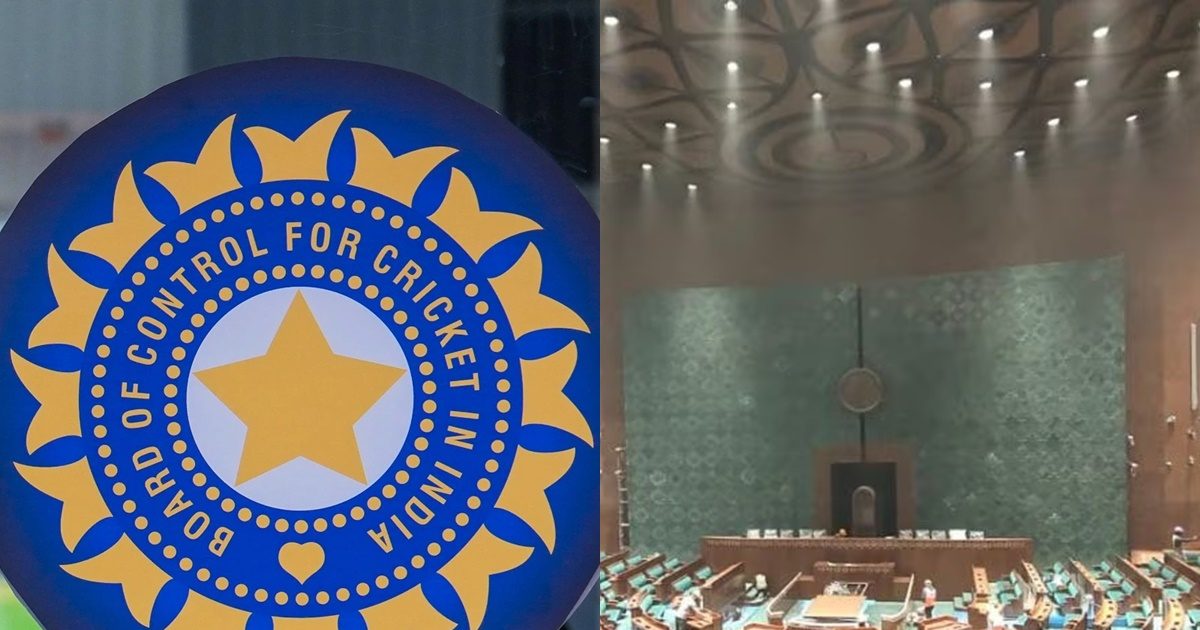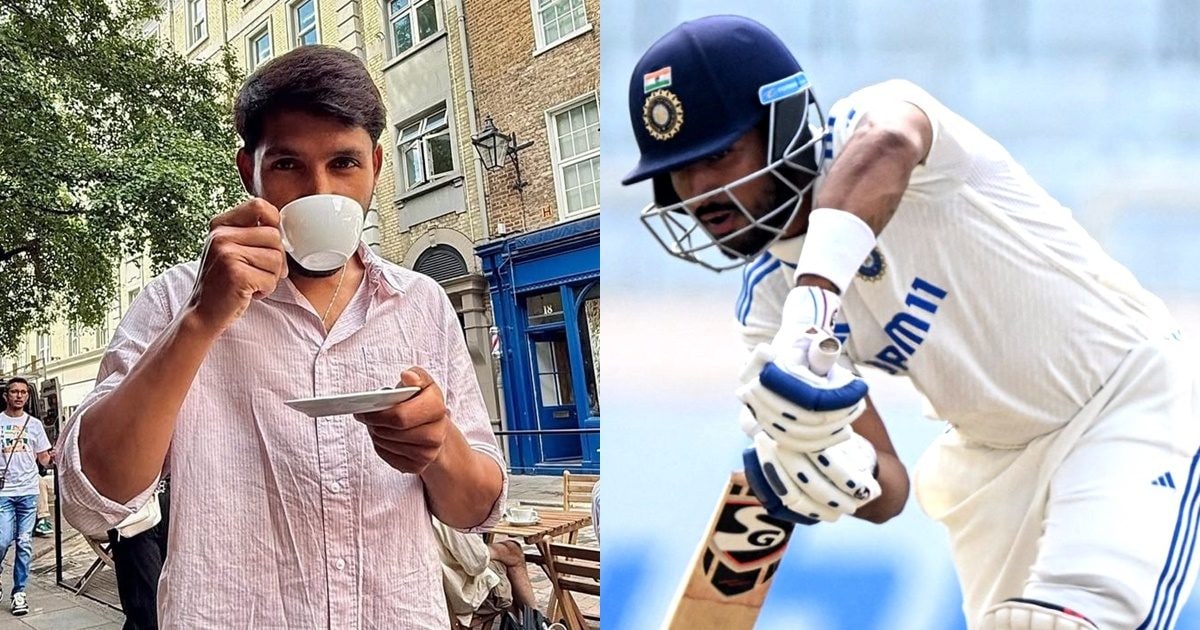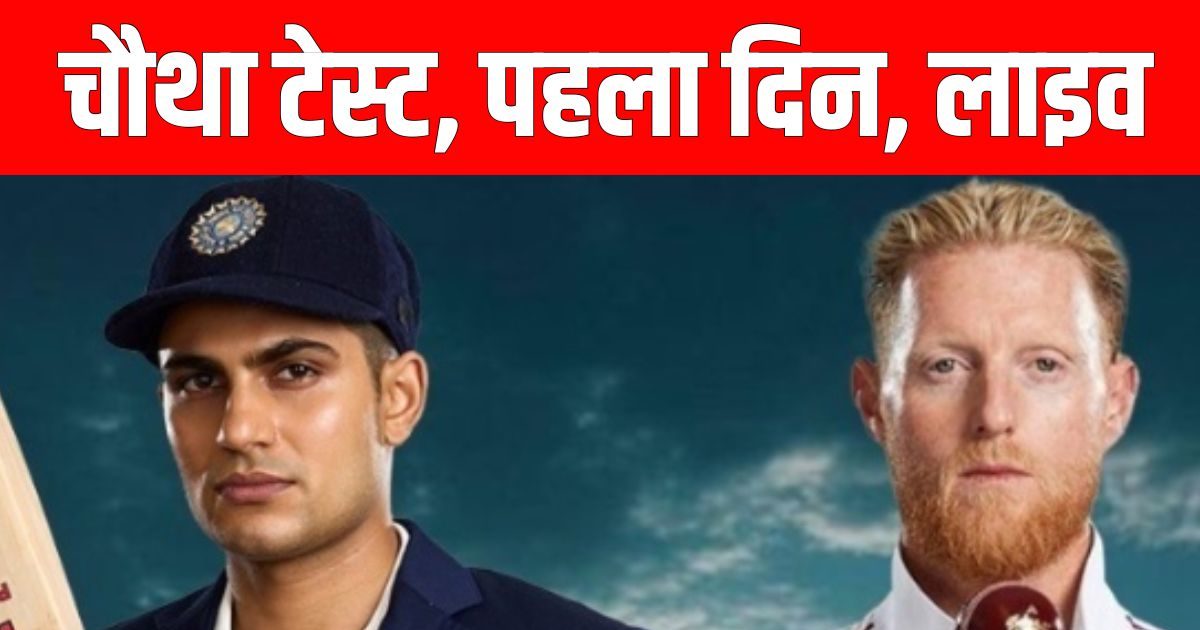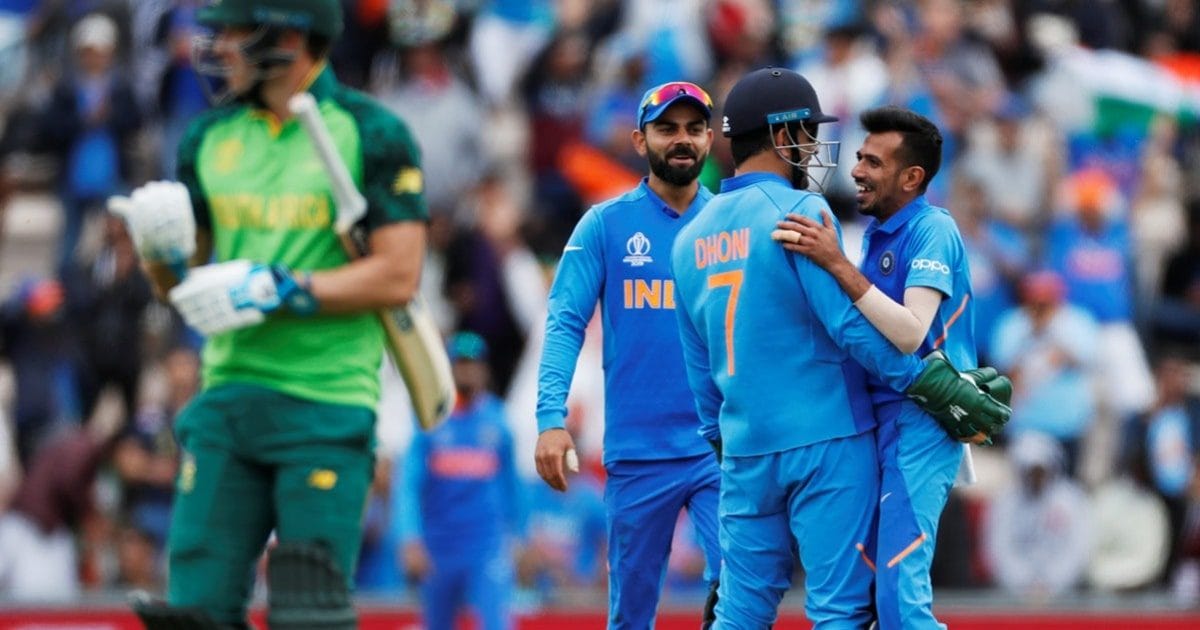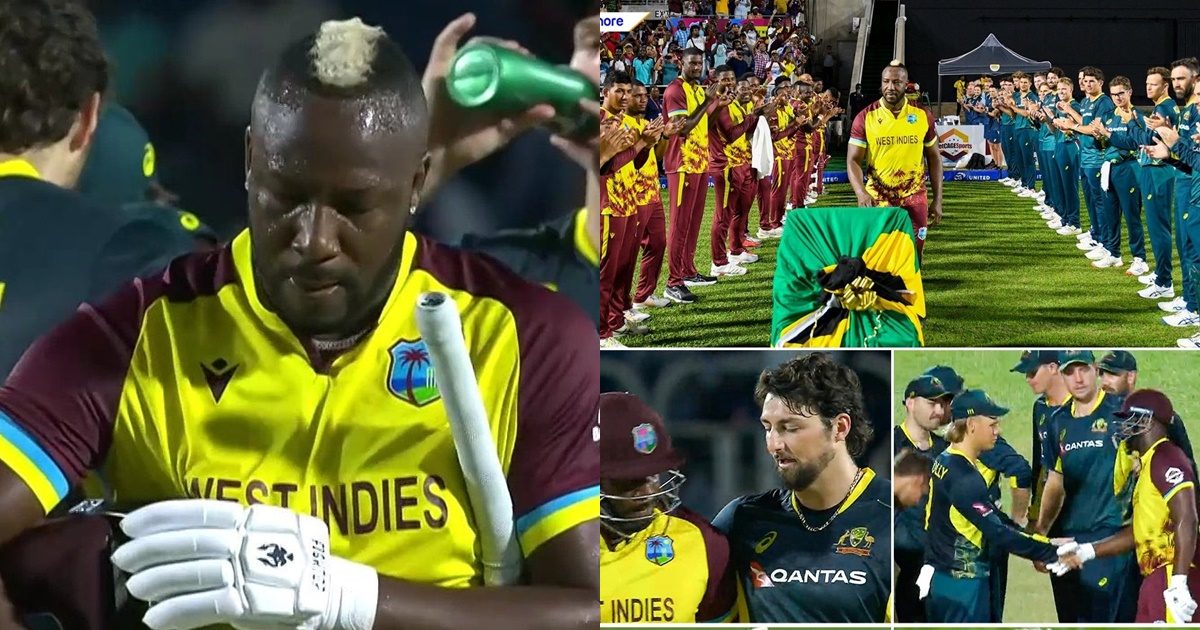Cricket (T20 format) has been included in the Olympic Games to be held in Los Angeles in 2028 and thus BCCI has already become part of the Olympic movement. BCCI source said:
Like all national federations, BCCI will also have to follow the law of the country after this Bill is formed. They do not take financial assistance from the ministry, but the Act of Parliament applies to them. The BCCI will remain an autonomous body like all other NSFs, but the disposal of disputes related to them will arrest the proposed National Sports. This will become a solution body of controversy related to sports matters ranging from tribunal to selection.
The aim of the Sports Administration Bill is to create a strong sports structure for timely election, administrative accountability and the welfare of the players. The National Sports Board (NSB) will be fully appointed by the Central Government. It will have extensive rights to recognize or suspend sports associations on the basis of complaints or for violations from ‘their discretion’ to electoral irregularities to financial disturbances.
In this bill, some concessions have been given on the complicated issue of the age limit of the administrators, in which people between the ages of 70 to 75 have been allowed to contest elections, provided the concerned international institutions do not object. There will be a chairman in NSB and its members will be appointed by the Central Government. These appointments will be made on the basis of recommendations of a discovery-cum-selection committee.
The selection committee will include Cabinet Secretary or Sports Secretary, Director General of Sports Authority of India (Sai), two sports administrators (who have worked as President, General Secretary or Treasurer of a National Sports Institution) and a distinguished player who is the winner of Dronacharya, Khel Ratna or Arjuna Award. The source said:
It is a player-centered bill that will ensure financial accounting of national sports associations and better fund management of national sports associations with stable administration, fair selection, safe sports and grievances. The National Sports Tribunal will ensure that there is no harm to the players’ career due to delay in court cases. There are still 350 different cases going on in the courts where the ministry is also one side. It needs to be eliminated.
As mentioned in the draft released last year, the board will have the right to recognize the National Sports Federations and to set up an ad hoc for the operation of individual sports in the event of a National Sports Federation being suspended. It will also have the right to issue guidelines to the National Sports Federations to work together with international sports institutions for the welfare of players in India and ensure compliance with international standards.
All these works were still under the jurisdiction of the IOA which served as a nodal body for matters related to NSF. The board has been empowered to cancel the recognition of any national institution which fails to hold elections for its executive committee or which has done ‘gross irregularities in election processes’.
The IOA strongly opposed the board at the counseling phase and described it as government intervention, which could be banned by the International Olympic Committee (IOC). Sports Minister Mansukh Mandavia, however, had said that proper consultation has been done with the IOC while drafting the document. At the same time, for hosting the 2036 Olympic Games, a cordial relationship with the IOC will be important for India’s bid. The source said:
Now everyone agrees. This bill is clearly corresponding to the Olympic charter and even the IOC feels that it has been done well in preparing it. The proposed National Sports Tribunal aims to provide ‘free, quick, effective and affordable disposal of sports-related disputes’. The verdict of tribunal can only be challenged in the Supreme Court. The appointments related to the arrangement will be in the hands of the central government. This will be based on the recommendations of a committee which will be chaired by the Chief Justice of India or the Supreme Court judge recommended by him.
The central government will have the power to remove its members in the case of violations including financial irregularities and ‘public interest’.
